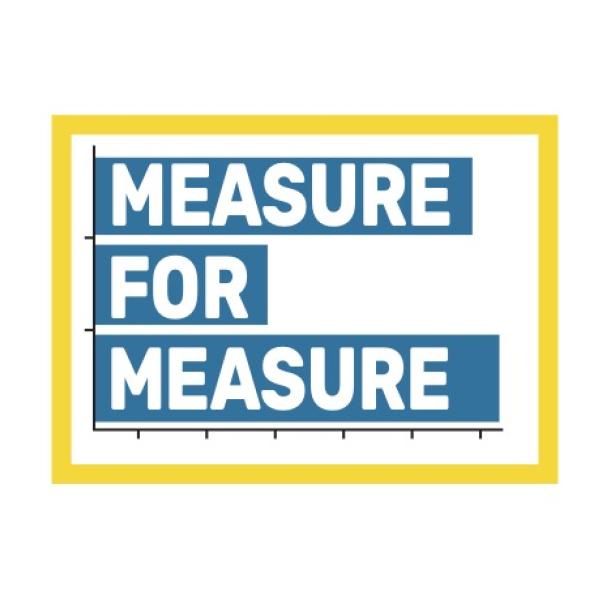Poets Writing Prose: A Q&A with Camille Dungy and Patricia Lockwood

The 36 NEA creative writing fellows who won their awards in 2018 for prose writing include a surprising number of poets, or at least writers who write and publish poetry more often than they write prose. That was interesting to those of us who work in the NEA literature department, and inspired us to invite three distinguished poets who write prose to discuss the matter at the National Book Festival this year in Washington, D.C. “Poets Writing Prose” is scheduled for 12:35 pm on Saturday, September 1 as part of the NEA-sponsored Poetry and Prose Stage. It will feature Patrick Rosal, author of numerous essays and four volumes of poetry including Brooklyn Antediluvian (Persea, 2016); Patricia Lockwood, author of the memoir Priestdaddy (Riverhead Books, 2017) and two collections of poetry including Motherland Fatherland Homelandsexuals (Penguin, 2014); and Camille Dungy, author of four collections of poetry including Trophic Cascade (Wesleyan University Press, 2017), as well as Guidebook to Relative Strangers (Norton, 2017), a book of personal essays. Here’s our conversation with Dungy and Lockwood. (Rosal is currently knee-deep in a research project but we promise he’ll share his thoughts on what it’s like to be a poet writing prose at the festival!)
NEA: Do you get into a different frame of mind when you write prose versus poetry?
PATRICIA LOCKWOOD: Very much so. I can almost feel a physical shift behind my eyes, like that thing they do at the eye doctor where they check different lenses. Prose I can nearly always write, because it’s easy to trick myself into talking to the paper; poetry feels more like a visitation.
CAMILLE DUNGY: I think I must, or the one wouldn't come out in one way and the other the other. But sometimes I begin something thinking it will be one and then realize it must become the other, so I don't know if I can quantify exactly when I get into the particular frame of mind necessary to produce a certain product. I think I used to have a much clearer idea of the delineation, but as with much in my life, I am growing more and more resistant to walls.
NEA: What can you do in one genre that you can't do in another?
DUNGY: There are modes of telling that work better for me in one genre over the other. Often when I find myself thinking, "I really need to write about this very specific thing," then I am more inclined to begin that project as an essay. The pathway to discovery is different for me in an essay than it is in a poem.
LOCKWOOD: There’s a certain kind of “I Am a Sexual Mark Twain, Rolling Down an Obscene River” joke that I can only tell in prose—one that requires the slightly homelier rhythms of a sentence as opposed to the singing ones of a line.
NEA: Do you think your poetry and prose reach different (albeit overlapping) audiences? Do you intentionally write for a different audience?
LOCKWOOD: I think I may have more overlap in my audience than most people, because they came to me already knowing that my work doesn’t always sit neatly in one category or another. There is a certain percentage of my audience, however, that considers anything I write poetry because I am a poet. These are the most generous and encouraging readers alive.
DUNGY: I do think that poetry and prose reach different (albeit overlapping) audiences. I think this is largely because many Americans have learned to fear poetry. They would actually find much in poetry that would be of service to them, that they could gain a great deal from, if they were open to poetry's magic. But so many Americans are afraid of the means by which poetry works its wonders upon us. Prose often feels more accessible to many readers, and so that audience can be different and perhaps a little bit larger.
NEA: Do you have any advice for writers who'd like to try their hand at both genres?
LOCKWOOD: Let them inform each other! Examine what you think are suitable subjects for each and then let them cross each other’s boundaries, or get into bed together, or ... smear each other with things. Often when you hit an insurmountable problem of form or voice or approach, the solution can be found in another way you write.
DUNGY: Same advice I have for every aspirant writer. You have to read a lot, and you have to write a lot. Do both of these again and again.
Check out the complete schedule for the Poetry and Prose stage at the National Book Festival here.



